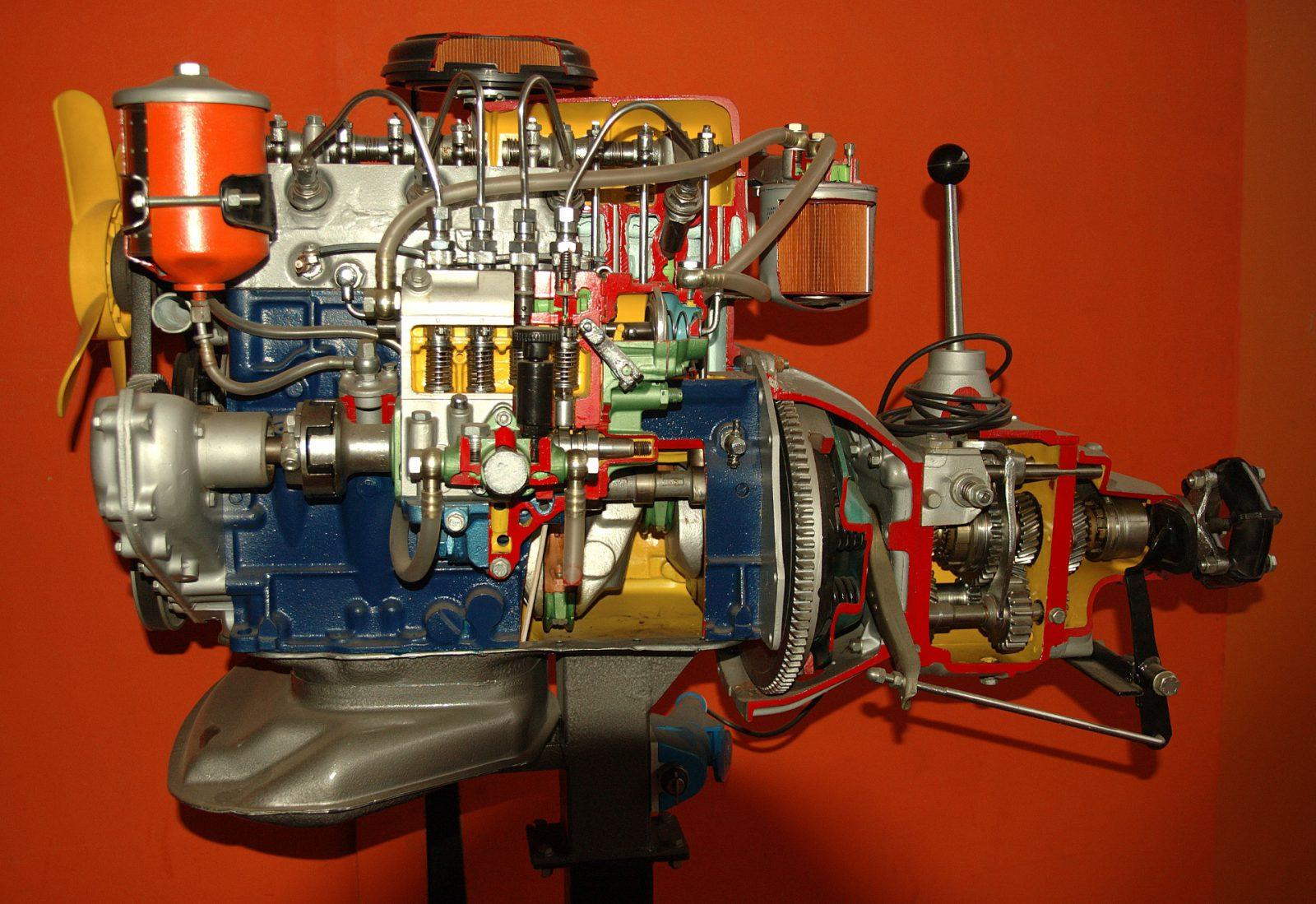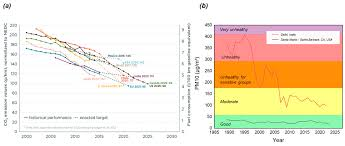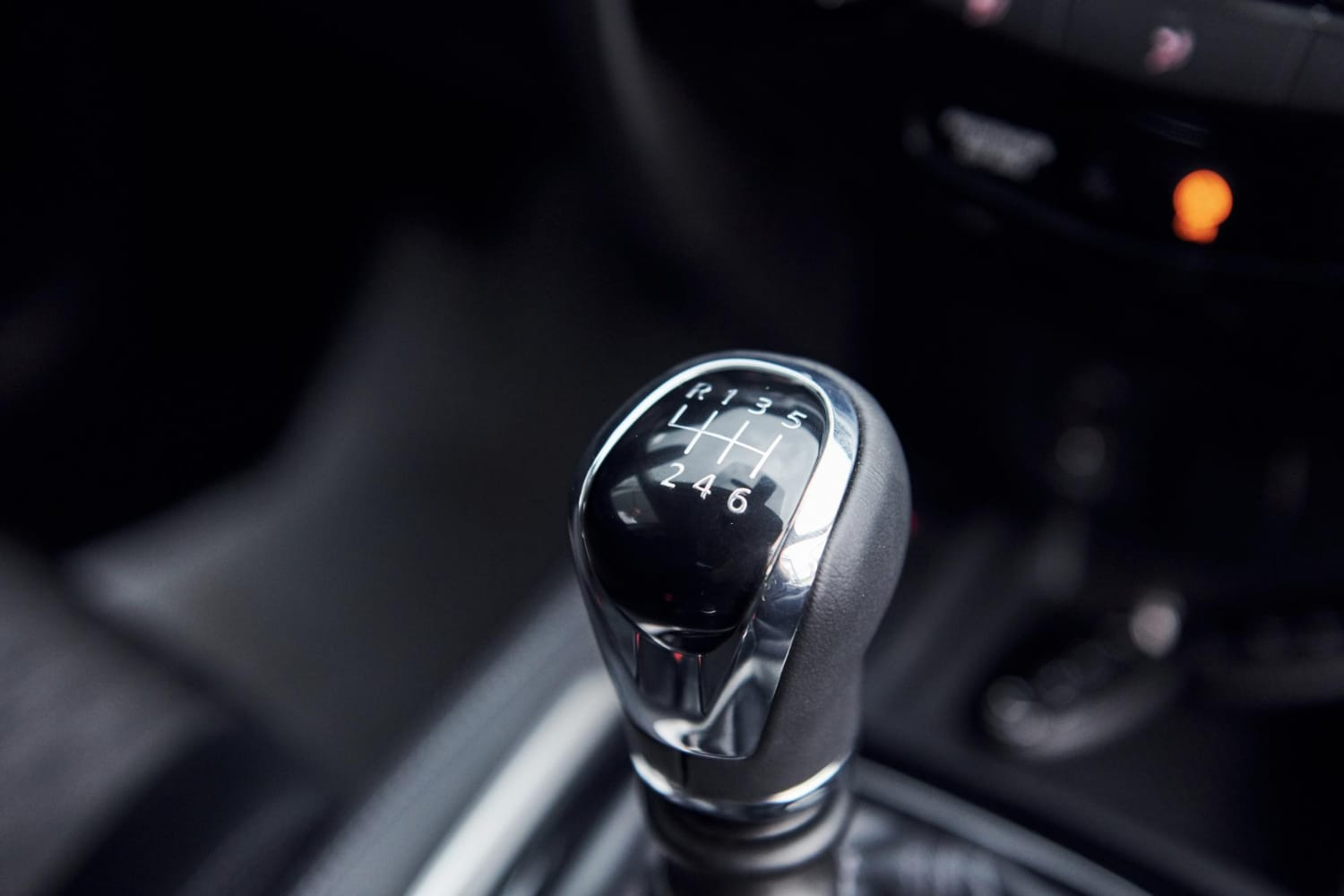
Diesel engines have long been a staple in the automotive world, renowned for their robustness, fuel efficiency, and torque. As modern vehicles continue to evolve, diesel engines remain a prominent choice for many drivers, particularly in larger vehicles like trucks and SUVs. Exploring the advantages of diesel engines in modern vehicles reveals why they continue to be a popular option despite the growing interest in alternative powertrains.

One of the primary advantages of diesel engines is their superior fuel efficiency. Diesel fuel contains more energy per gallon than gasoline, allowing diesel engines to extract more power from less fuel. This efficiency translates into better mileage, which is particularly advantageous for long-distance driving and heavy-duty applications. For instance, diesel engines are often the preferred choice for commercial trucks and buses that need to cover extensive distances without frequent refueling stops.
Another significant benefit of diesel engines is their longevity and durability. Diesel engines are built to withstand higher compression ratios and more significant stress compared to gasoline engines. This robust construction means that diesel engines typically have a longer lifespan and require less frequent maintenance, making them a cost-effective choice for vehicle owners. The inherent durability of diesel engines also means they can handle heavier loads more efficiently, making them ideal for towing and hauling purposes.
Torque is another area where diesel engines excel. Torque refers to the rotational force the engine generates, which is crucial for tasks like towing and climbing steep inclines. Diesel engines produce high torque at low RPMs (revolutions per minute), providing the necessary power to move heavy loads with ease. This characteristic makes diesel-powered vehicles highly desirable for industries and individuals who require substantial towing capacity and reliable performance under demanding conditions.
Modern advancements in diesel technology have also addressed some of the traditional drawbacks associated with diesel engines, such as noise and emissions. Today’s diesel engines are quieter and produce fewer emissions than their predecessors, thanks to innovations like common rail fuel injection, turbocharging, and after-treatment systems. Common rail fuel injection delivers precise amounts of fuel at high pressure, improving combustion efficiency and reducing noise. Turbocharging increases engine power and efficiency by forcing more air into the combustion chamber, while after-treatment systems like selective catalytic reduction (SCR) and diesel particulate filters (DPF) help to minimize harmful emissions.

Environmental concerns have also driven the development of cleaner diesel technologies. Ultra-low sulfur diesel (ULSD) fuel, which contains significantly less sulfur than traditional diesel, reduces the production of sulfur dioxide, a contributor to air pollution and acid rain. Additionally, the use of biodiesel blends, which combine traditional diesel with renewable, biodegradable fuels, further reduces the environmental impact of diesel engines.
Fuel availability and energy density are additional factors that favor diesel engines. Diesel fuel is widely available globally, and its higher energy density means that diesel-powered vehicles can travel longer distances on a single tank compared to their gasoline counterparts. This advantage is particularly beneficial in regions where refueling stations may be sparse, and long-range driving is common.
The economic benefits of diesel engines extend beyond individual ownership. Diesel engines’ fuel efficiency and longevity can result in significant cost savings for businesses that rely on fleets of vehicles. Lower fuel consumption and reduced maintenance needs translate into lower operating costs, enhancing overall profitability.
In conclusion, diesel engines offer numerous advantages that make them a compelling choice for modern vehicles. Their superior fuel efficiency, durability, high torque, and evolving technology contribute to their continued relevance in the automotive industry. As advancements in diesel technology continue to address environmental and performance concerns, diesel engines remain a viable and advantageous option for a wide range of applications, from personal vehicles to commercial fleets.





